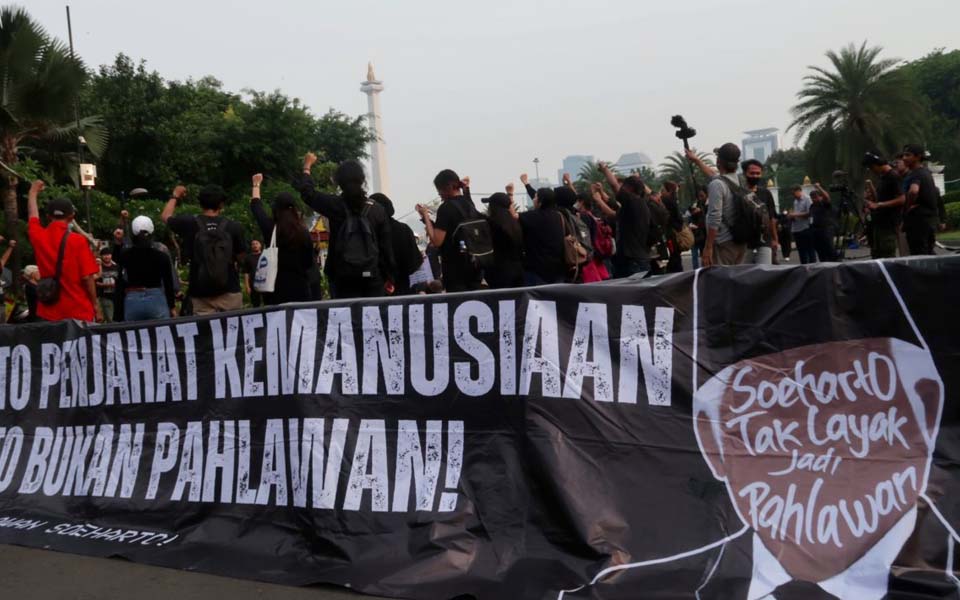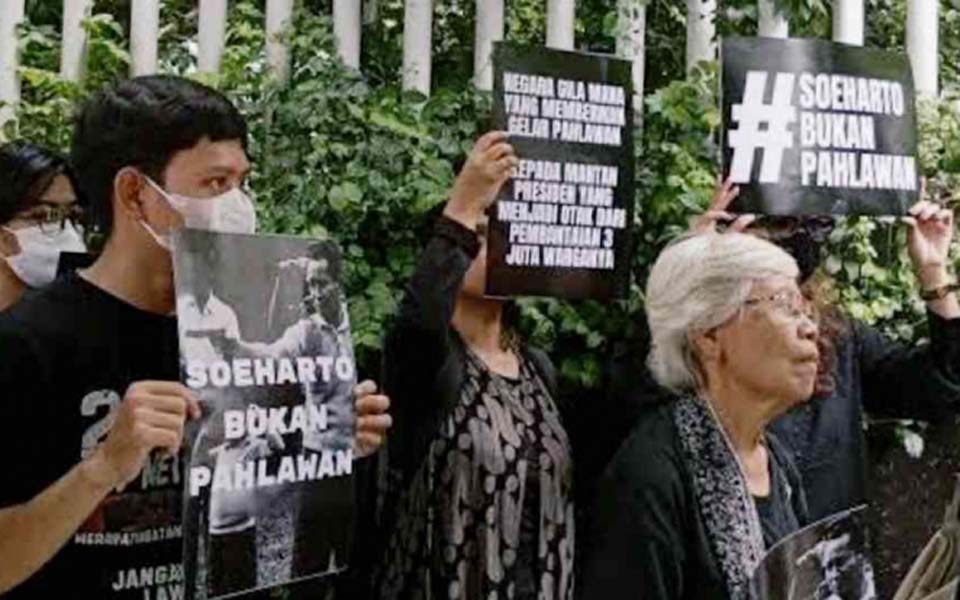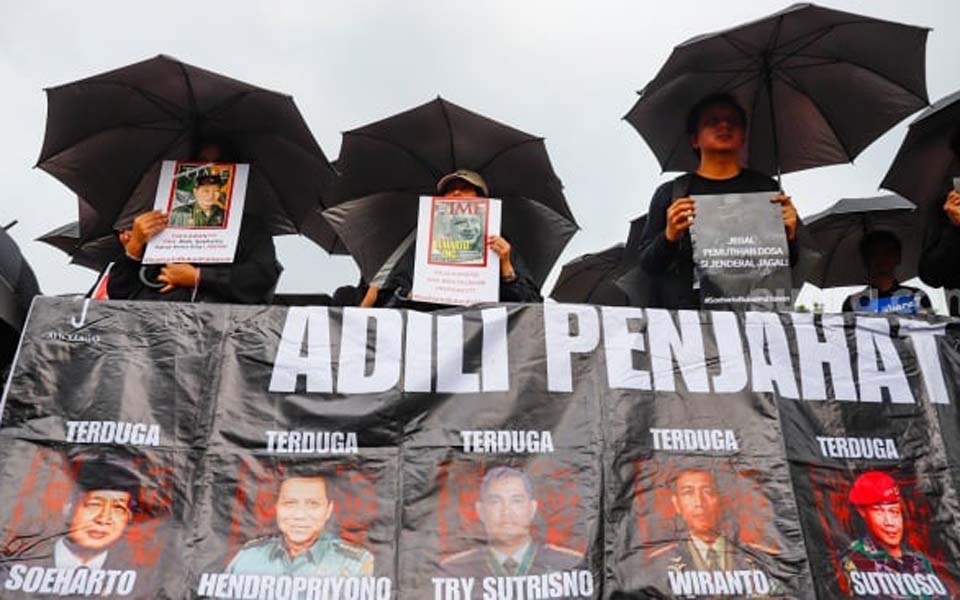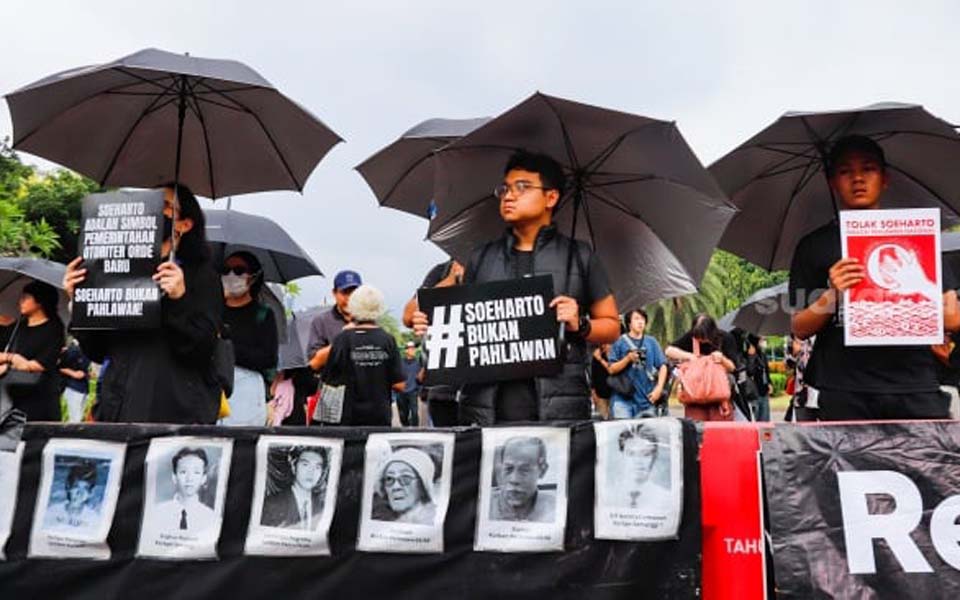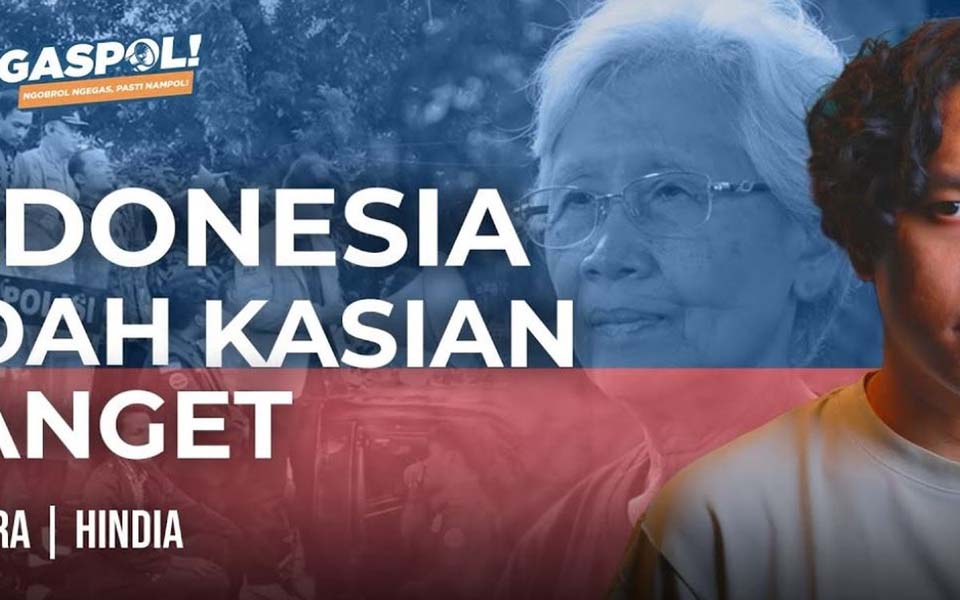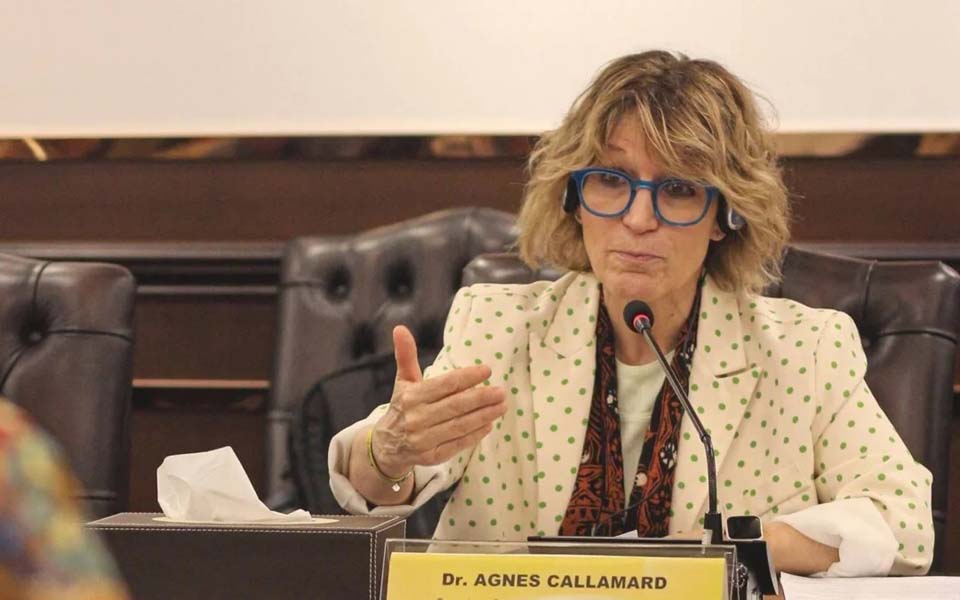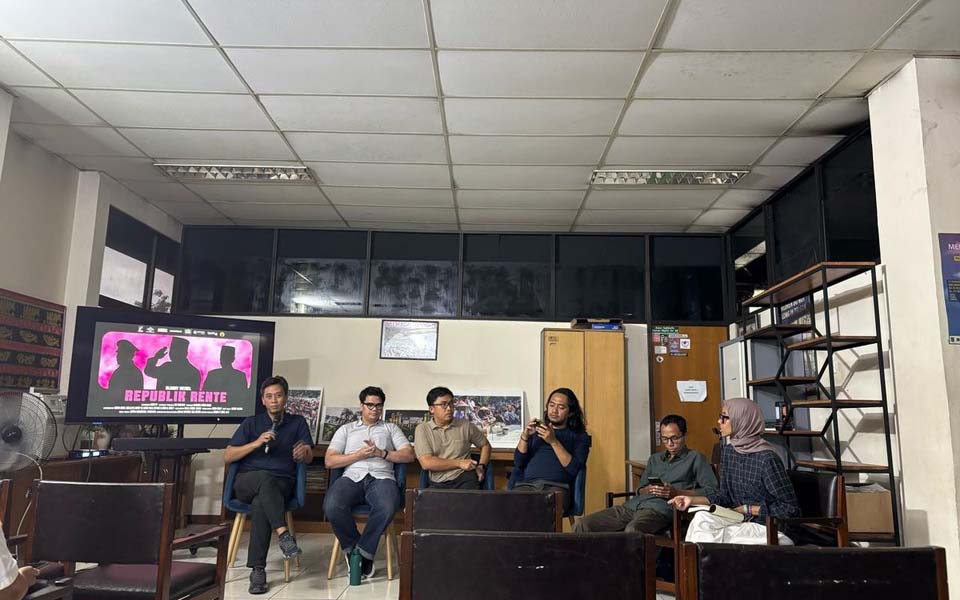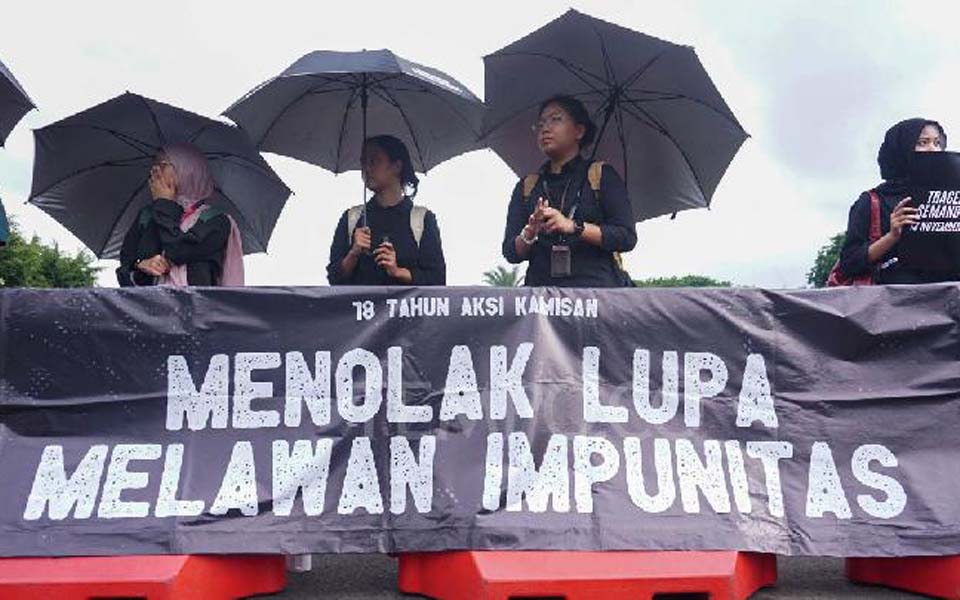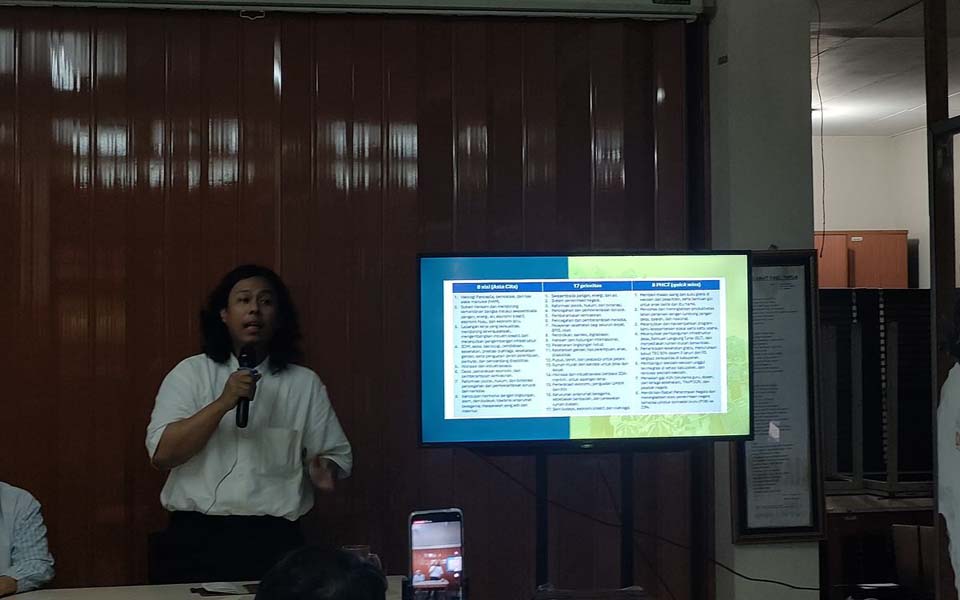Nirmala Maulana Achmad, Jakarta – The government is being asked to set history straight on incidents of past gross human rights violations by writing an official national history book.
The request was conveyed through a declaration initiated by Amnesty International Executive Director Usman Hamid, former Indonesia Attorney General Marzuki Darusman, Indonesian Human Rights Watch (Imparsial) Director Gufron Mabruri and a number of historians at the Amnesty International offices in Central Jakarta on Tuesday August 29.
National Research and Innovation Agency (BRIN) historian and research professor Asvi Warman Adam said that the government has already prepared a budget or funding for writing a history of past violations.
"Anyone can write their own history, but the government is not willing to write an official history book. We want or are conveying a view that is different, that the state should write an official history, a national history", said Warman at a press conference.
Warman said that the history of past human rights violations that is being used for textbooks in schools today, does not fulfill the principles of definitive reference.
"It can be protested or it should be improved. We think improvements or the rewriting of historical guidelines is important, because it will also be used as a basis for historical teachings in the future", said Warman.
Speaking on the same occasion, the author of senior high school and its equivalent history textbooks, Ratna Hapsari, took the example of the word "PKI" – referring to the now-defunct Indonesian Communist Party – having to be included in text books.
"[If] we talk about the G30S [30 September Movement]. If it's not referred to as G30S-PKI it will be rejected by the publisher. This has to be fixed. So there must be the term G30S-PKI. Yet stories about the PKI itself are not just found in national books or reference books as they're termed", said Hapsari.
"That is what must then be fixed or revised. Their contents re-corrected", said the woman who has been writing about history since 2006.
The government, through Coordinating Minister for Security, Politics and Legal Affairs Mahfud MD and Justice and Human Rights Minister Yasonna Laoly, are currently meeting with exiles of the 1965 affair in Europe.
Mahfud and Laoly have said that the government is committed to restoring the constructional rights of exiles who were living or working overseas in 1965 and had their citizenship revoked for alleged links to the PKI.
In January, President Joko "Jokowi" Widodo publically acknowledged that 12 gross human rights incidents had occurred in Indonesia, one of which was the 1965-1966 affair. The government has also begun dealing with cases of past abuses through non-judicial mechanism.
The kick off for the implementation of recommendations by the Team for the Non-Judicial Resolution of Past Gross Human Rights Violations (PPHAM) took place at the Geudong torture house (Rumoh Geudong) in Pidie district, Aceh on June 17.
Notes
The acronym G30S-PKI or September 30 Movement-Indonesian Communist Party refers to the alleged coup attempt in 1965 that the New Order regime of former President Suharto blamed on the PKI and used as a pretext to mount a bloody counter-revolution in which as many as 1 million communists and left wing sympathisers were killed. The G30S itself was a grouping of middle ranking officers who kidnapped and killed six generals whom they accused of organising a coup against founding president Sukarno. Since Suharto's overthrow in 1998 however, the involvement of the PKI in the G30S affair has been publicly questioned and it is now generally referred to only by the acronym G30S. Despite this, the Attorney General's Office has continued confiscating history school books that fail to mention the PKI's involvement in the affair.
[Translated by James Balowski. The original title of the article was "Pemerintah Diminta Luruskan Sejarah Terkait Pelanggaran HAM Berat Masa Lalu lewat Buku".]






